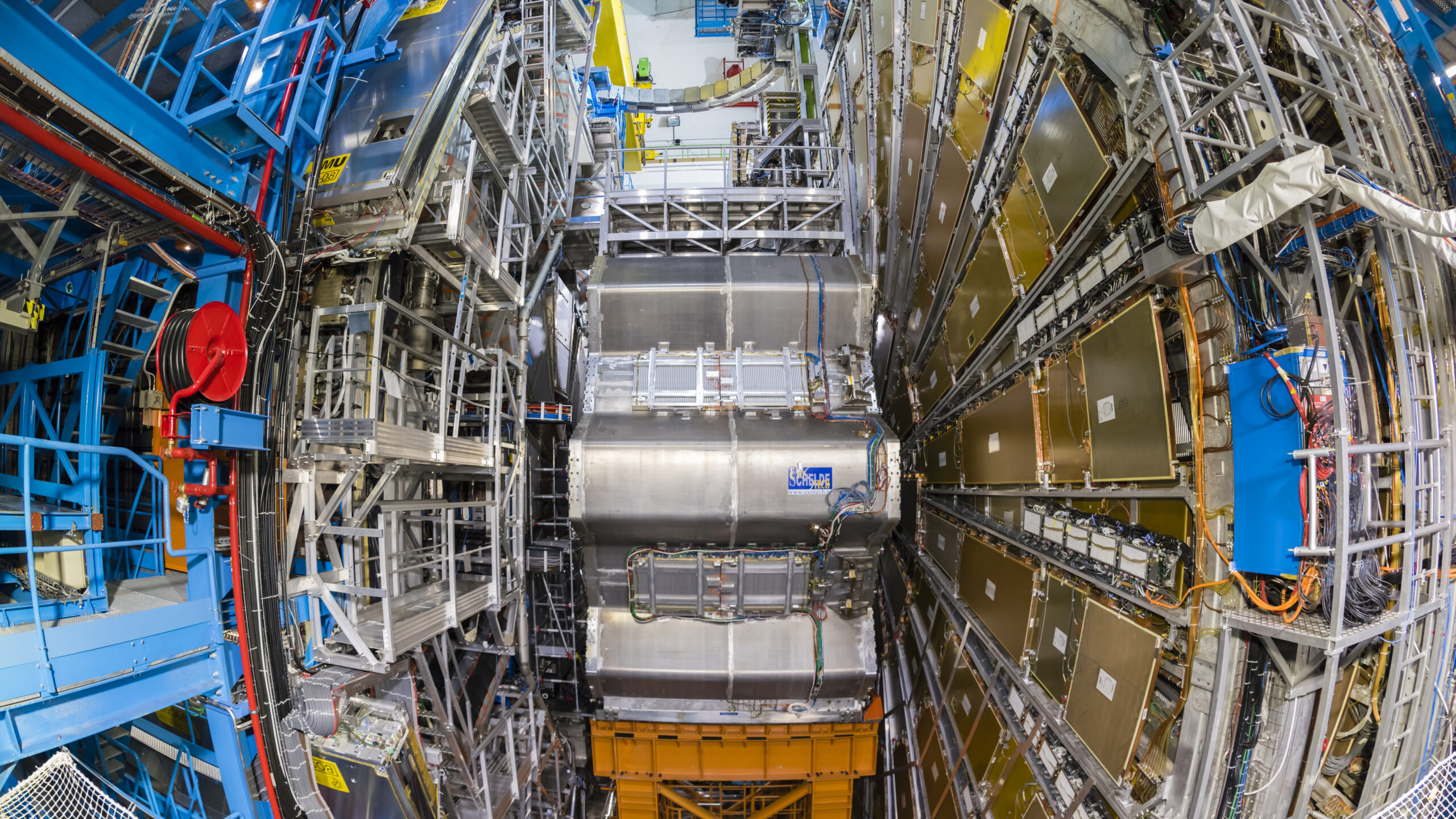
"The ATLAS collaboration's new method using deep neural networks marks a significant breakthrough in analyzing data from the Large Hadron Collider, improving interpretations."
"Daniel Whiteson emphasizes the complexity of LHC data interpretation, stating that although experiments are built to see certain particles, predicting outcomes remains challenging."
Researchers at the Large Hadron Collider (LHC) have traditionally grappled with complex data due to quantum interference complicating interpretations. A young scientist introduced a novel method utilizing deep neural networks, significantly enhancing the analysis process. This innovative approach was recently detailed by the ATLAS collaboration in two impactful papers, illustrating its potential through successful application on past data. This development marks a pivotal shift in particle physics research, promising to refine data interpretation and increase the accuracy of the findings from one of history's largest experiments.
Read at Ars Technica
Unable to calculate read time
Collection
[
|
...
]